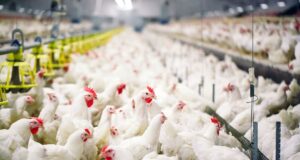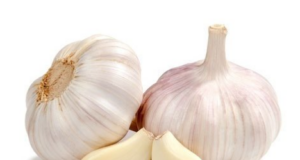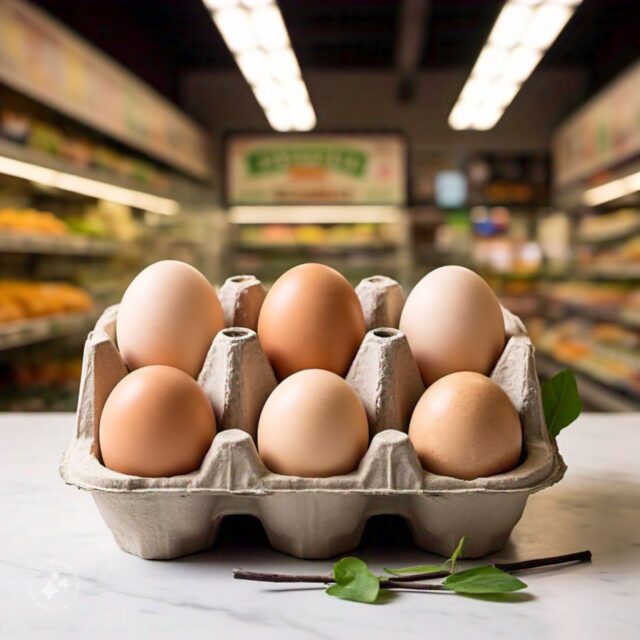
Sustainable Packaging Solutions for the Egg Industry
The egg industry, like many others, faces increasing pressure to adopt more sustainable practices. Packaging, a significant contributor to environmental impact, is a key area where improvements can be made. This article explores some of the sustainable packaging solutions being implemented in the egg industry.
Challenges of Traditional Egg Packaging
- Plastic Waste: Conventional egg cartons are often made from polystyrene, a type of plastic that is difficult to recycle and contributes to environmental pollution.
- Carbon Footprint: The production, transportation, and disposal of egg cartons can have a significant carbon footprint.
- Consumer Concerns: Consumers are becoming increasingly aware of the environmental impact of packaging and are demanding more sustainable options.
Sustainable Packaging Alternatives
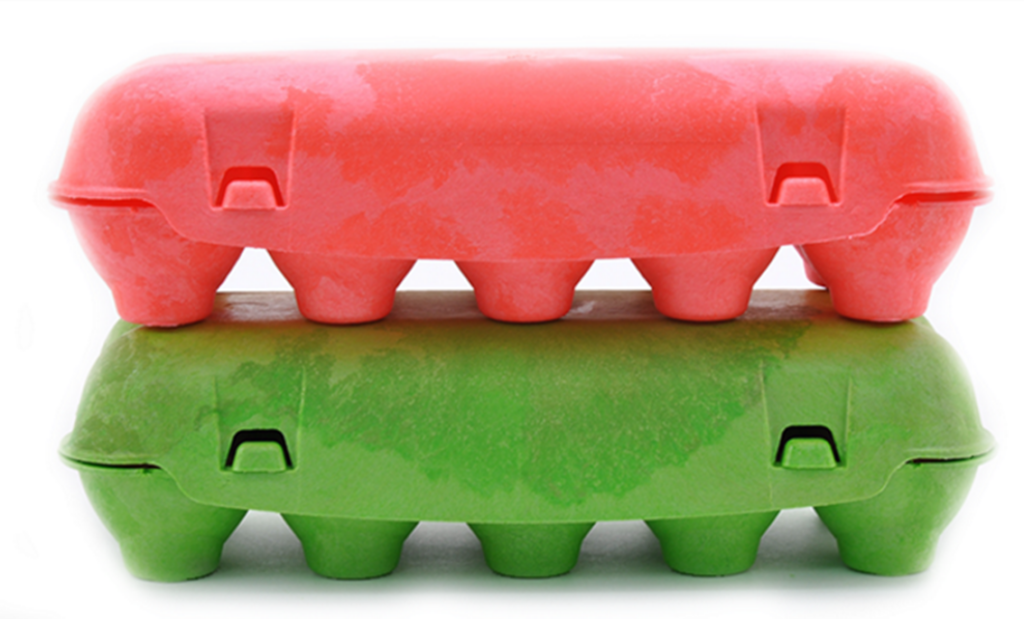
- Recyclable and Compostable Materials:
- Paper and Cardboard: Egg cartons made from recycled paper or cardboard are a more sustainable option compared to polystyrene.
- Biodegradable Plastics: Some companies are developing biodegradable plastics made from plant-based materials that can decompose naturally.
- Pulp Molded: Egg cartons made from molded pulp are strong, recyclable, and compostable.
- Reusable Packaging:
- Returnable Egg Cartons: Some regions are exploring the use of returnable egg cartons that can be reused multiple times, reducing waste.
- Consumer-Owned Containers: Consumers can bring their own reusable containers to the grocery store to purchase eggs, eliminating the need for single-use packaging.
- Minimalist Packaging:
- Bulk Packaging: Selling eggs in bulk or loose can reduce packaging waste.
- Reduced Packaging: Minimizing the amount of packaging used per egg can also contribute to sustainability.
- Innovative Packaging Solutions:
- Edible Packaging: Researchers are exploring the possibility of edible coatings or packaging materials made from food-grade materials.
- Smart Packaging: Packaging with sensors or QR codes can provide consumers with information about the product’s origin, freshness, and nutritional content.
Benefits of Sustainable Egg Packaging
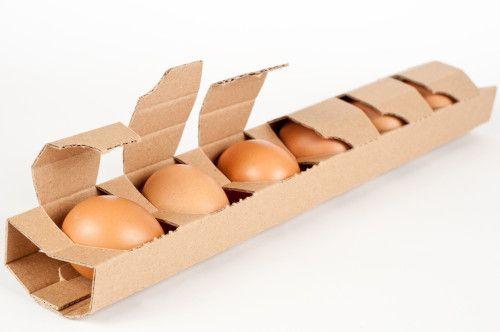

- Reduced Environmental Impact: Sustainable packaging can help reduce waste, greenhouse gas emissions, and pollution.
- Improved Consumer Perception: Consumers are more likely to choose products with sustainable packaging, leading to increased sales.
- Cost Savings: In some cases, sustainable packaging can be more cost-effective in the long run due to reduced waste and improved efficiency.
- Compliance with Regulations: Many governments and regulatory bodies are implementing stricter regulations related to packaging sustainability.
Challenges and Considerations
- Cost: Implementing sustainable packaging solutions may require upfront investments.
- Consumer Acceptance: Consumers may need to be educated about the benefits of sustainable packaging.
- Supply Chain Issues: Ensuring a reliable supply of sustainable packaging materials can be challenging.
- Technical Limitations: Some sustainable packaging materials may have limitations in terms of strength, durability, or functionality.
The egg industry has the potential to play a significant role in promoting sustainable packaging solutions. By adopting innovative and environmentally friendly packaging options, egg producers can contribute to a more sustainable future.


























